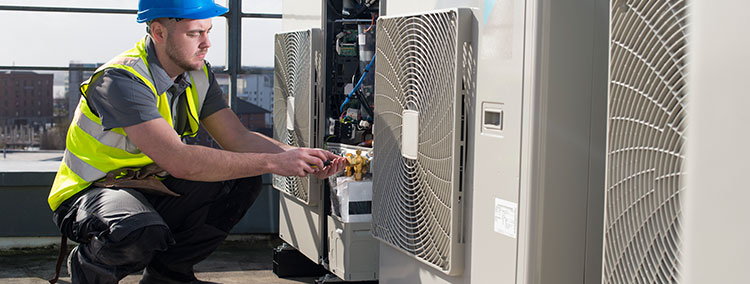Is your washing machine shaking and wondering how do you fix a washing machine that shakes? There are plenty of ways to do it depending on the underlying cause of the problem. To help you out, here are some of the ways to fix a shaky washing machine as given by washer repair experts:
Replace the shock absorbers
All washing machines have shock absorbers designed to dampen the tub movements in the spin cycle. With time the absorbers weaken or even get damaged, and this causes the washer to shake and move. Because of this, the machine makes loud banging sound during a spin cycle.
So one way to fix the shaking washing machine is to inspect and replace the shock absorbers if worn out. To undertake the inspection, begin with unplugging the machine to avoid getting electrocuted, then locate the shock absorbers. Depending on the model, you may have to remove the front or rear panels to access the shocks.
To tell whether the shock absorbers are damaged, look out for broken attachments, leaking fluids and weakened dampening action.
Level the washing machine’s feet
Unbalanced feet are one of the leading causes of a shaky washing machine, so when your washing machine is shaking, this is the first thing to look into. Some dishwasher models use four threaded legs, while others use two threaded legs and two self-leveling rear legs.
How you go about the leveling depends on your washing machine’s model. To avoid electrocution, unplug the washing machine from the power source then tilt the machine on it’s front, side and back to access the feet.
Carefully inspect the feet and ensure they are level. If any of the feet isn’t level, run a test cycle to see where the problem could be and fix it. If the feet are level but the machine is still shaking, lookout for signs of wear and damage and ensure the feet are properly threaded.
Pad the sides
Sometimes you might have the impression the washing machine is shaking too much, but this isn’t the case. You should note that it’s normal for the washing machine to wiggle a little as the drum spins, especially during the high-speed spin cycles.
While the wiggling is normal, it can sometimes be unpleasantly noisy or shaky, especially if your washer isn’t padded.
If every diagnosis you are doing is checking out, but the washer is still shaking, chances are the appliance lacks padding. Place pads to the sides of the washing machine to reduce the sound and effect of the vibrations. These pads function like acoustic panels that reduce the washing machine’s vibrations and cushion any shaking the machine might cause to the nearby appliances, objects, and walls.
You can also buy special anti-vibration pads specifically designed for washing machine and other similar appliances.
To stop the washer from wiggling out of place, place anti-walking pads under the washing machine’s feet.
Balance the load
Load imbalance can also significantly contribute to a shaky washing machine, so balancing the load will go a long way towards keeping the washer stable and prevent it from shaking. When you notice the machine shaking, stop it and balance the load.
How do you do this? If you have a top loading washer, ensure the clothes are evenly distributed all the way around the center column.
If washing one or two items, add a few towels or shirts to even out the load. You should always avoid washing just one piece of clothing as it will put more weight on one side, which is dangerous.
Remove the shipping bolts
Have you just bought the washing machine and its already shaking? This could be due to the shipping bolts. From their name, these are clunky plastic bolts placed to prevent the washing machine drum from wobbling during transit.
These bolts protect the drum and the internal parts of the machine when the unit isn’t in use, but you should remove them immediately you install the machine.
Before you contact an appliance repair Fairfax professional to find out the cause of the shaking, reach inside your washer and press the inside of the drum. If the drum doesn’t wobble, the shipping bolts are most likely in place and you need to remove them before you run the next cycle.

